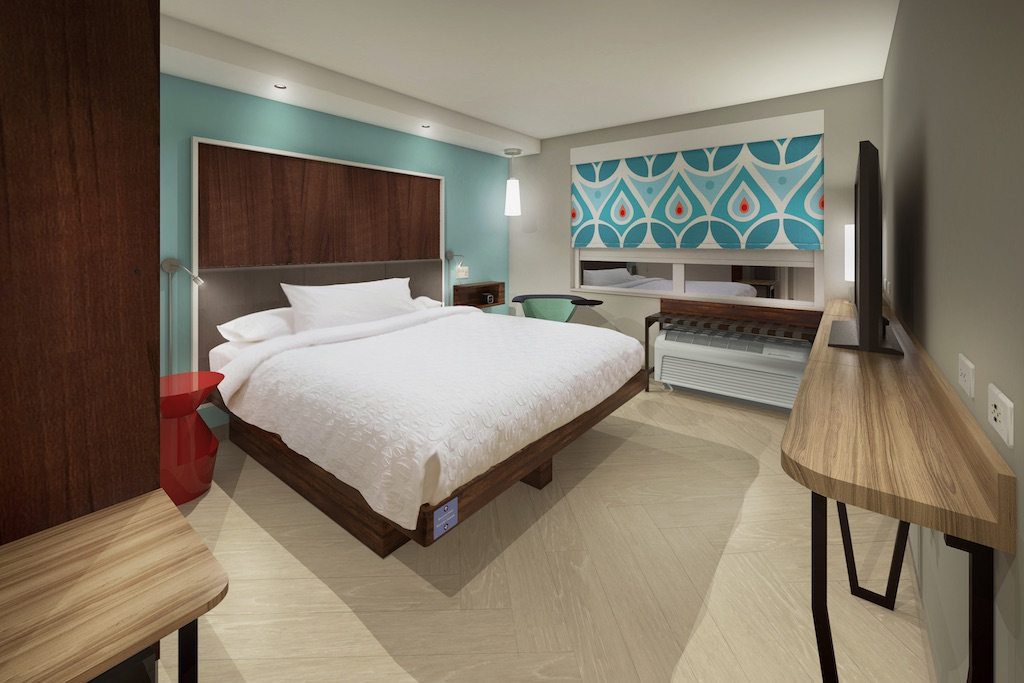Hilton CEO: 'We Feel Pretty Good' But There's Still Room to Grow

Skift Take
Fresh off of its spinoffs and investment from its new major stakeholder, HNA, Hilton seems poised to take the asset-light hotel management model and run with it.
In its first quarter as a fully asset-light company following a spinoff of its real estate and timeshare businesses in January, Hilton recorded better-than-expected profits in the first quarter, and raised its expectations for the year ahead, thanks to strength in both leisure and corporate transient travel.
The slight boost in corporate travel during the first quarter is somewhat significant, not withstanding the fact that January is generally a slow month for hotel bookings across the board.
Although the hotel industry saw relatively low demand for corporate transient travel, which is business travel excluding groups and meetings, for most of 2016, it did see a slight uptick following the results of the U.S. Presidential election. And Hilton CEO Christopher Nassetta expressed optimism for that sector of the business earlier this year.
"Broadly, in American CEOs, there's a more optimistic view," Nassetta said in January. "We do see the early telltale signs that corporate America is becoming more optimistic and they're starting to make decisions to spend more money as a consequence of that
